
Improving writing skills through self-regulation
Vocabulary and grammar instruction alone is not enough to become an expert in writing. Students that use self-regulation strategies exhibit increased writing skills and success.
The MARIO Framework® pedagogy is founded on what science has revealed about learning – including
disciplines concerning the whole person and the ways we gain mastery.
MARIO Education focuses on what matters most: improving the quality of school relationships through impactful student-teacher conversations.
Targeted 1:1 conversations every class period led to significant academic gains. Students who participated in our intervention showed notably higher GPAs in core subjects compared to peers in control groups, demonstrating the real impact of meaningful connection.
Director of Scientific Affairs at Boston Strategic Partners

Author & Founder of Novak Education

Co-Founder & CEO of MARIO Education
These academic researchers support our mission to help bridge the gap between educational researchers and practitioners. Together with MARIO, they are committed to empowering and inspiring more educators to become teacher-researchers.
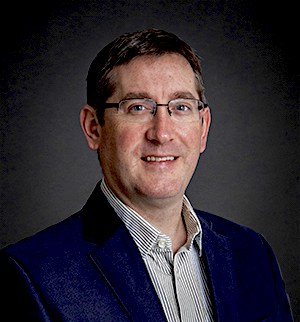
Ball State University

Penn State University
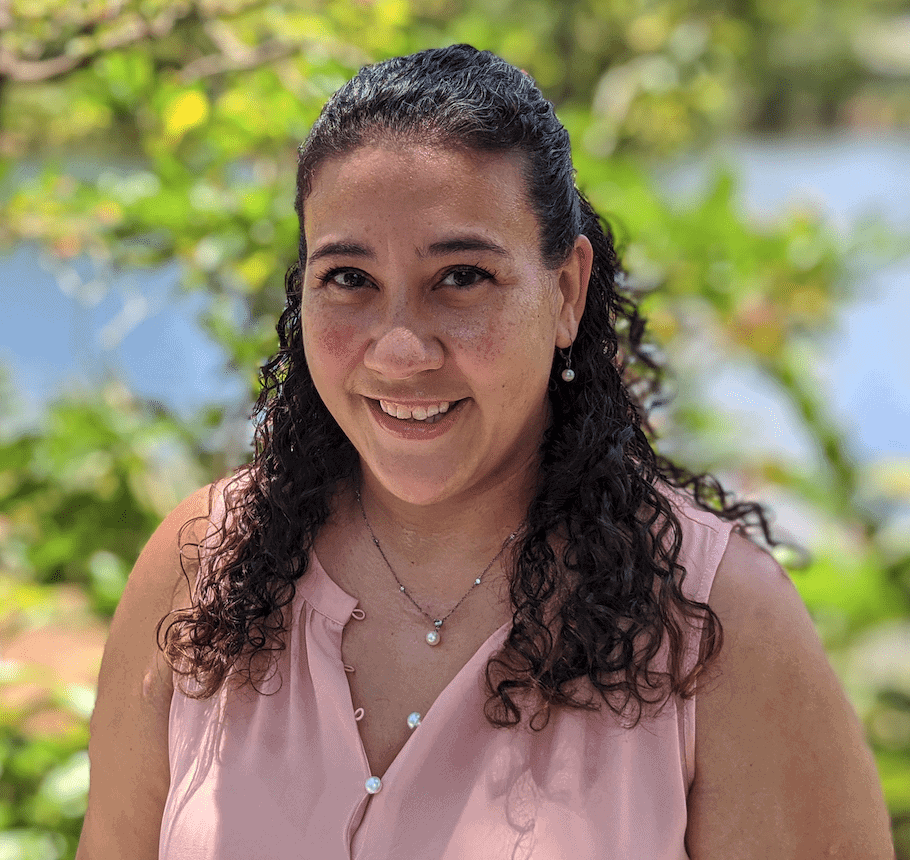
Growing Minds Consulting, LLC

Practical Psychological Services
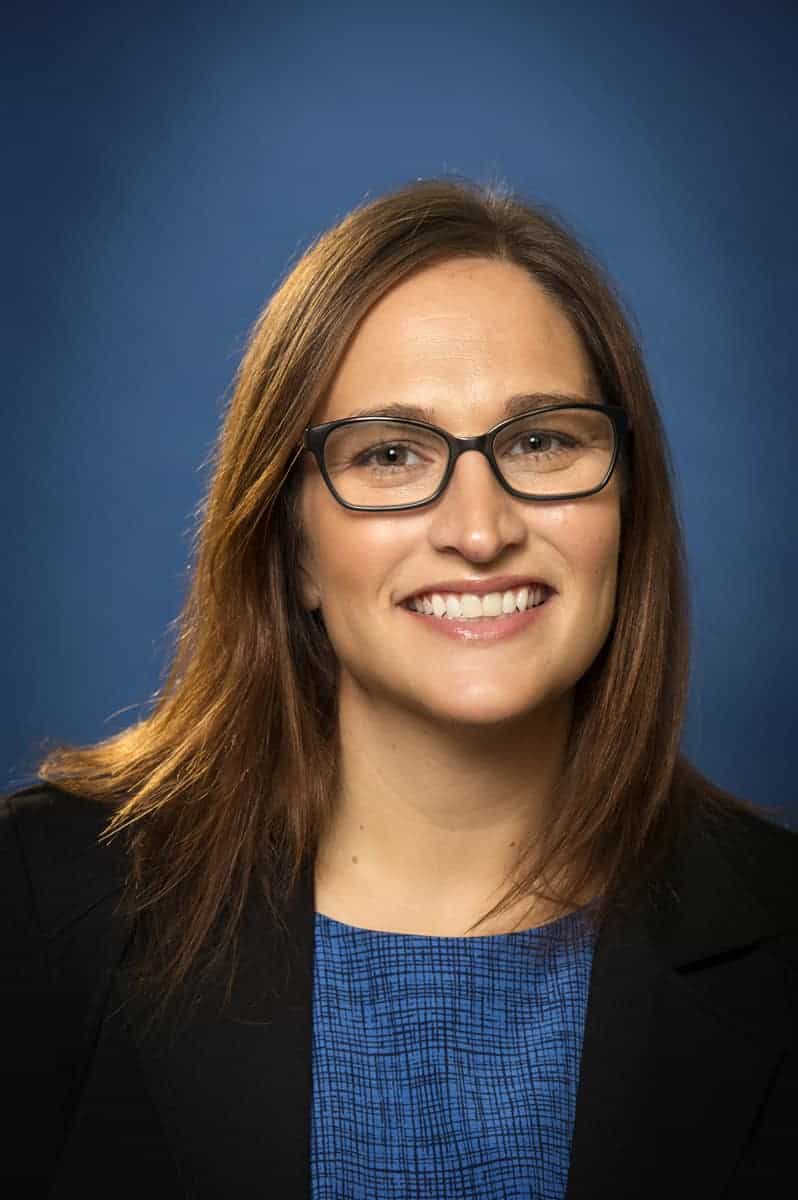
University of Colorado, Colorado Springs
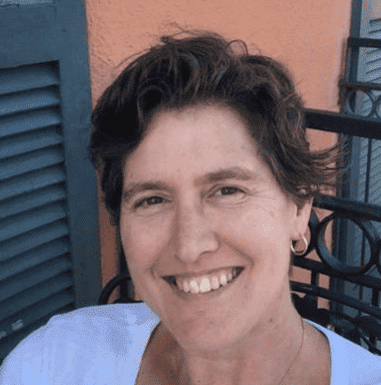
University of Houston-Clear Lake

Penn State University

University of Winchester

Practical Psychological Services
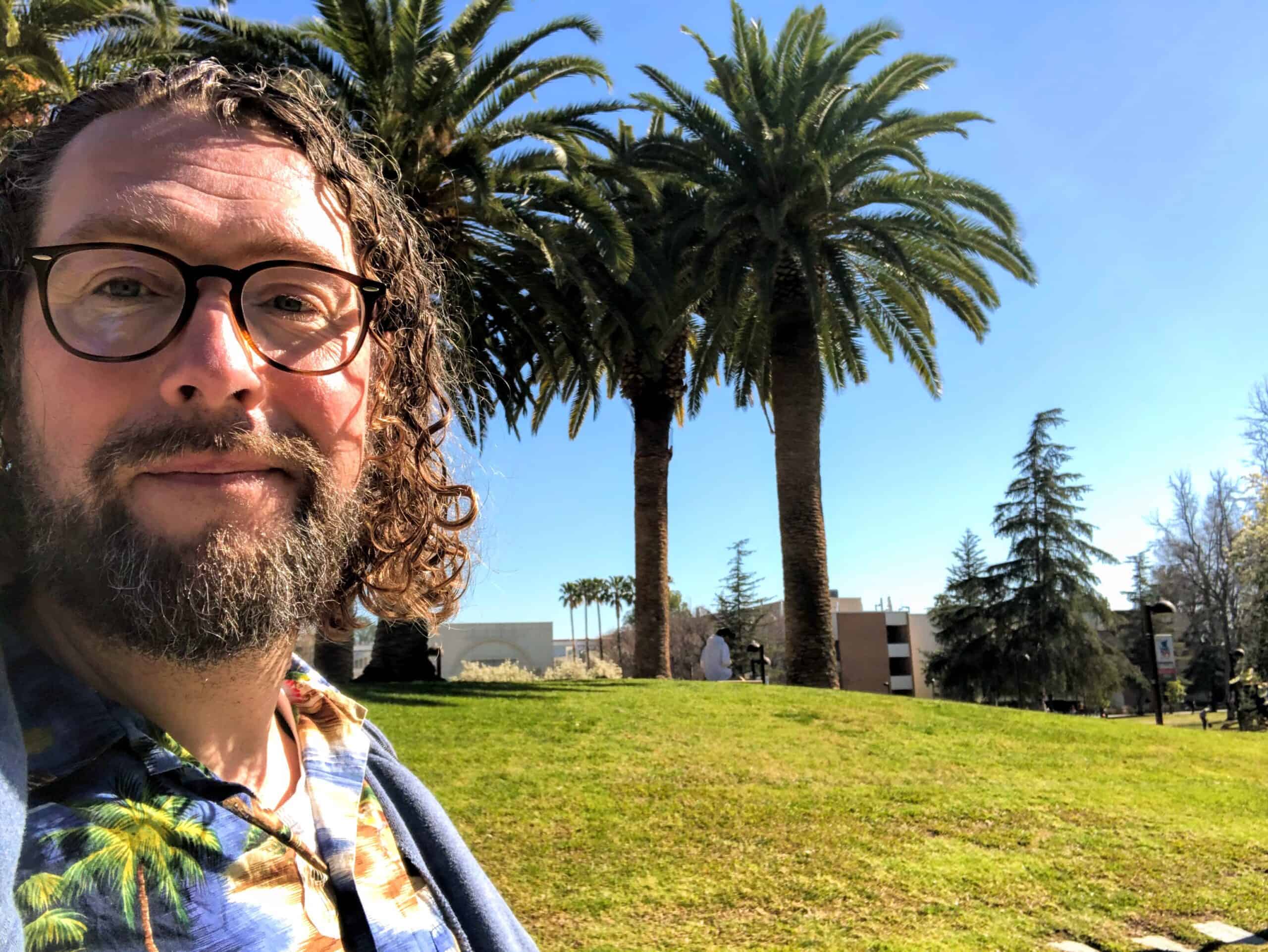
Kristianstad University, Faculty of Education

University of Houston-Clear Lake

Malmö University

University of Winchester

Linneaus University

Kristianstad University, Faculty of Education
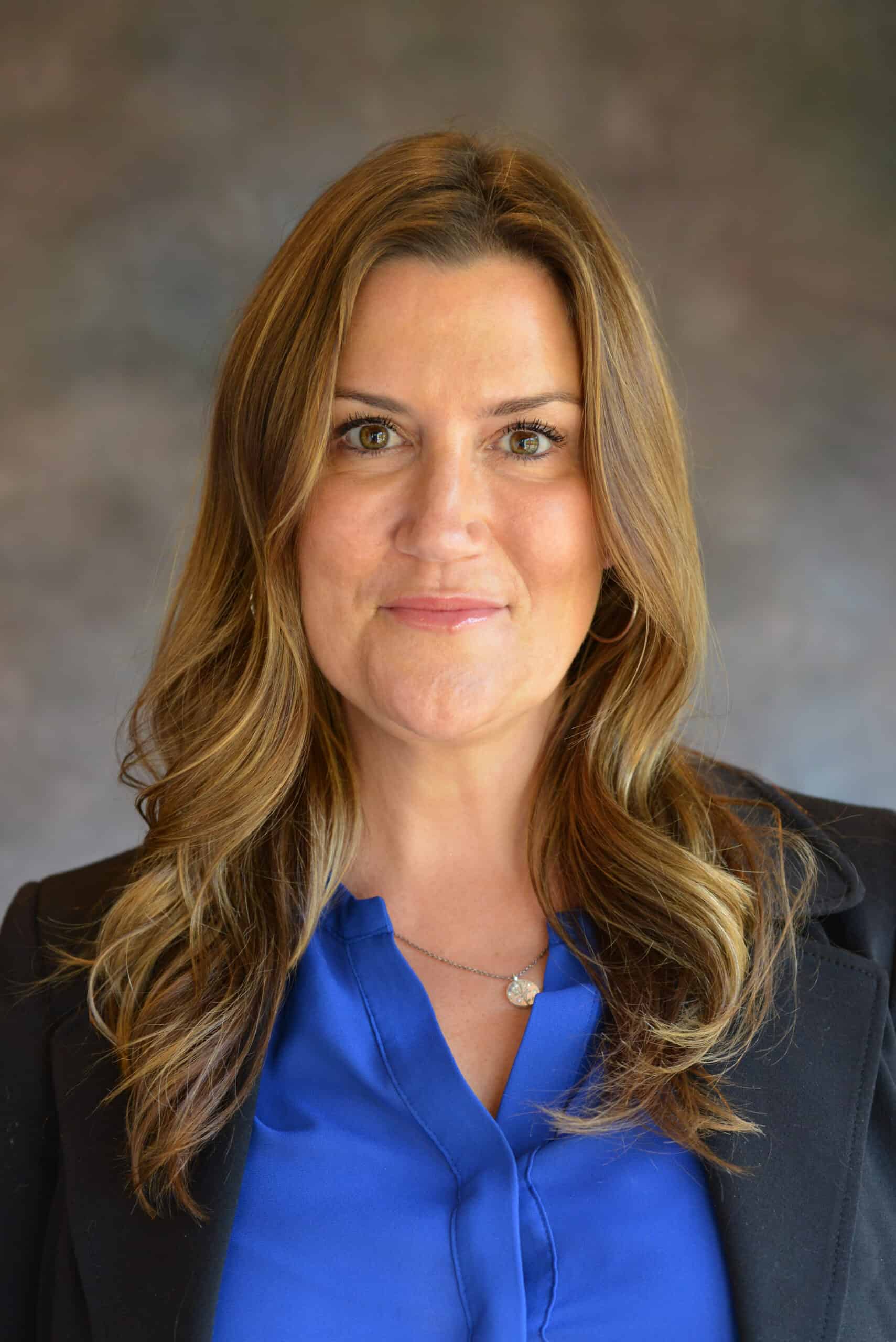
Point Loma Nazarene University

Malmö University
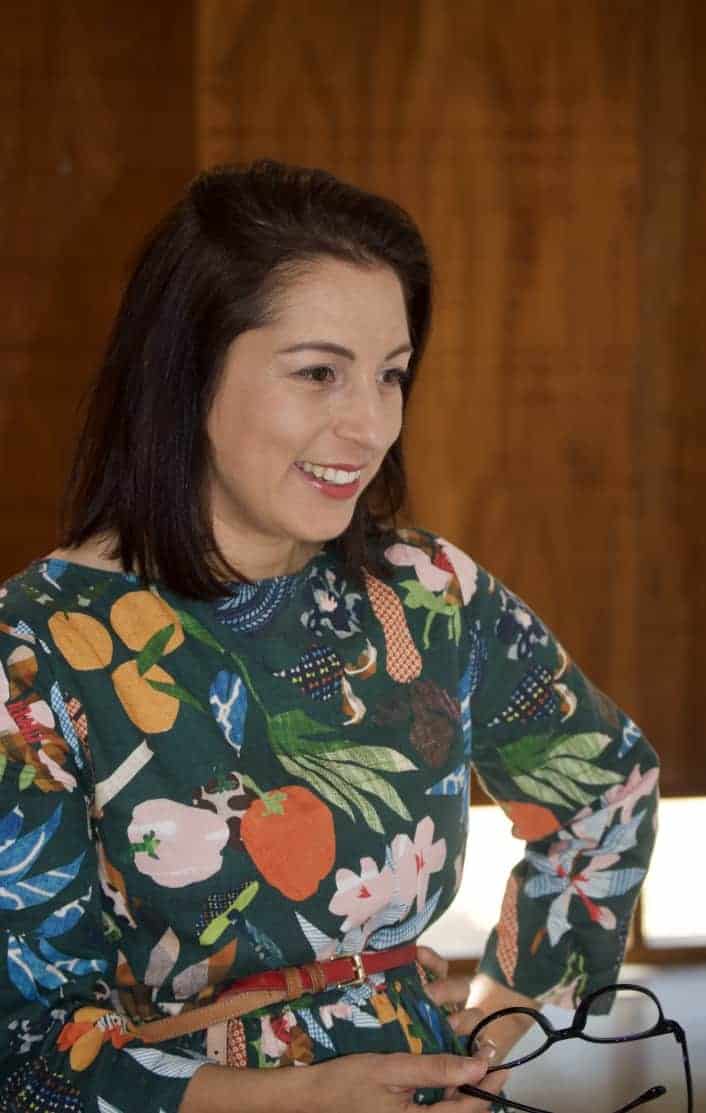
Monash University
We understand that educators are pressed for time. To help, our team reviews recently published studies on a monthly basis and posts key findings and potenti

Vocabulary and grammar instruction alone is not enough to become an expert in writing. Students that use self-regulation strategies exhibit increased writing skills and success.

Social and emotional learning (SEL) should be explicitly taught in schools, especially in secondary schools.
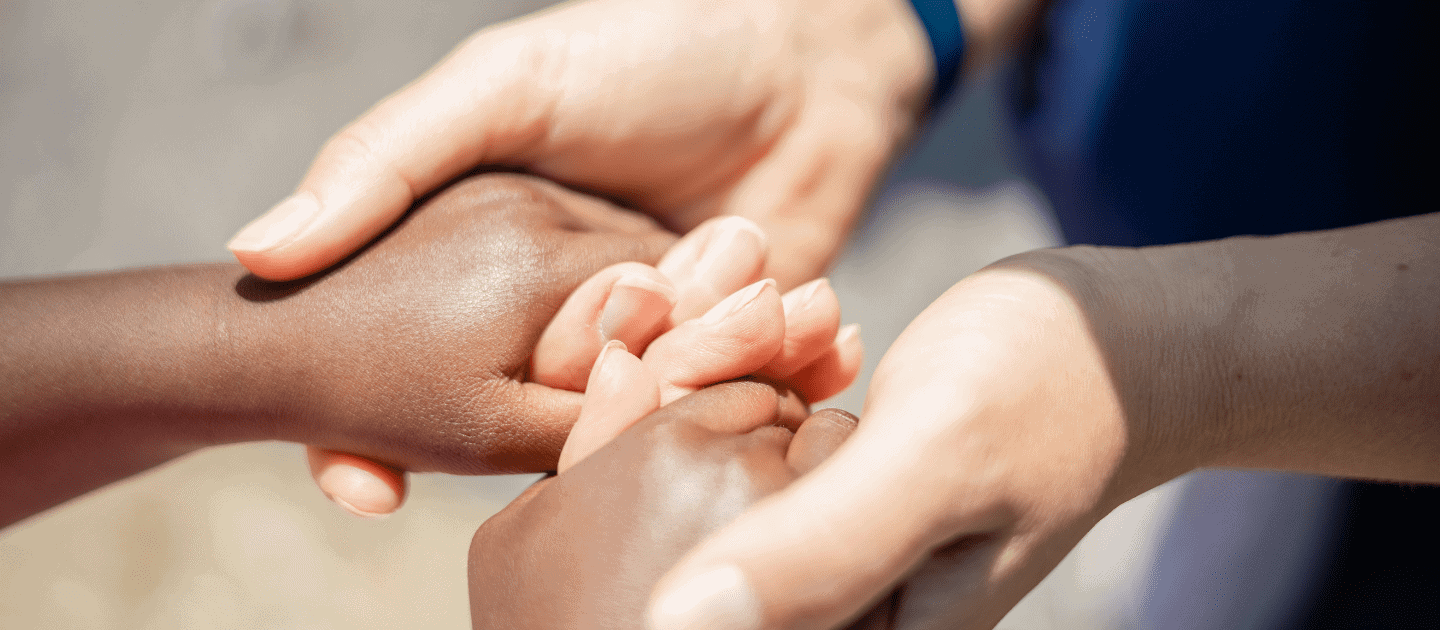
School-based violence towards students with disabilities in Zambia is perpetuated by fellow students and teachers.
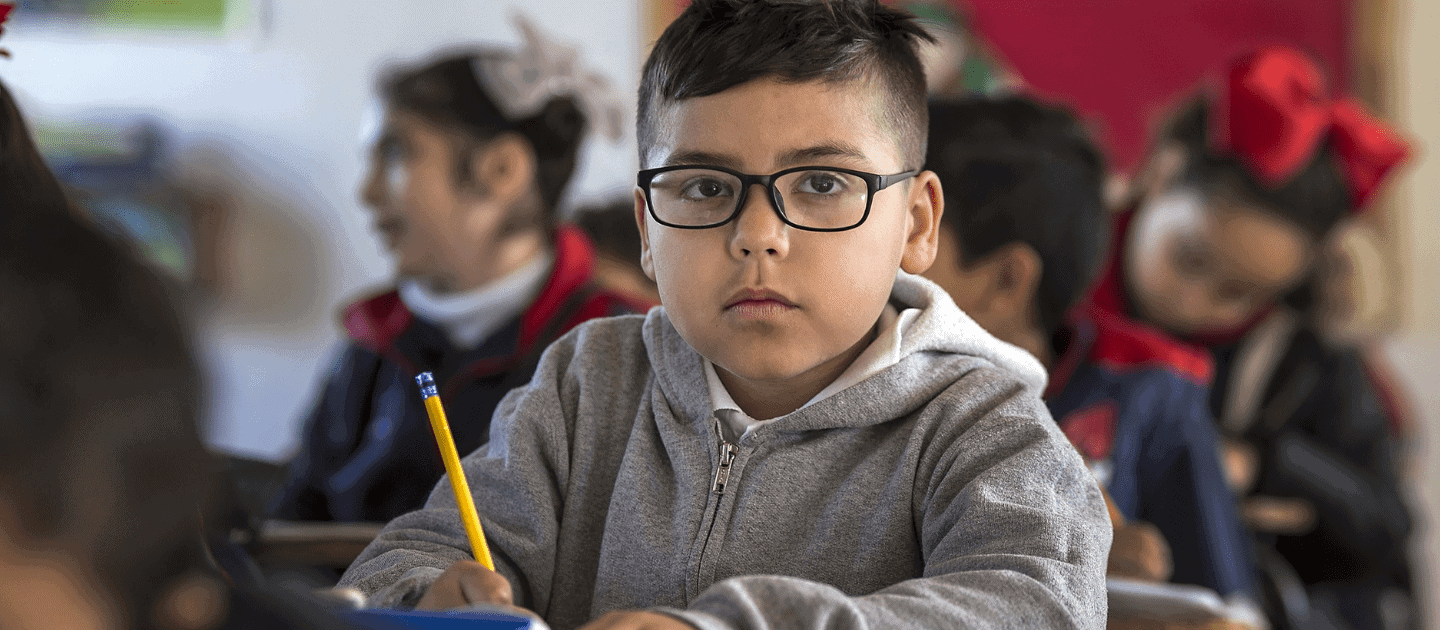
Leaders should know how inclusion is practiced in their setting and how students’ voices are heard to inform inclusive practices and personalize learning.
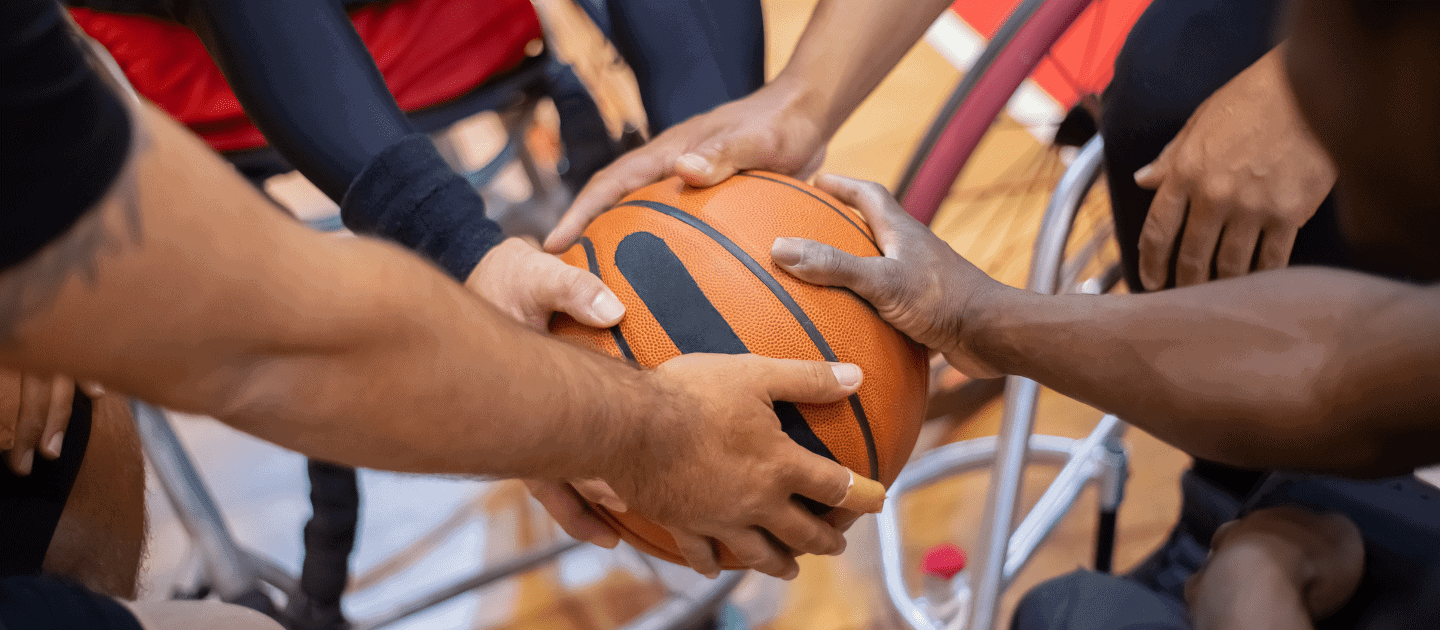
Students with disabilities continue to be excluded from meaningful participation in physical education.

As most education programs focus on short-run learning outcomes, special education (SE) helps prepare students for adult life goals.

Educators are natural helpers, and in our desire to help, sometimes our support can cross the line from empowering to hindering. It is imperative that any educator, but especially those working in one-to-one support models, place student voice, growth, and autonomy at the core of their support systems and strategies.
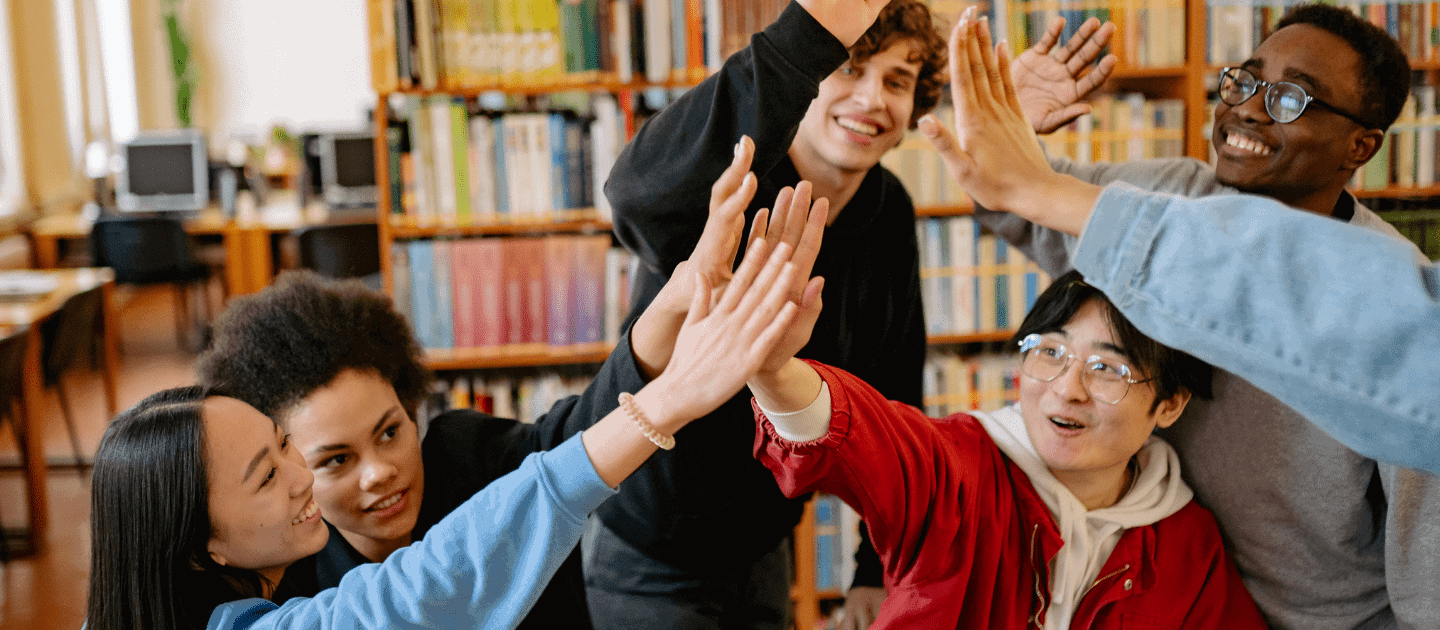
For students with attention deficit disorder (ADHD) symptoms, their connection with teachers and the memories they have about them later on in their life may predict their perceived social support and self-efficacy.
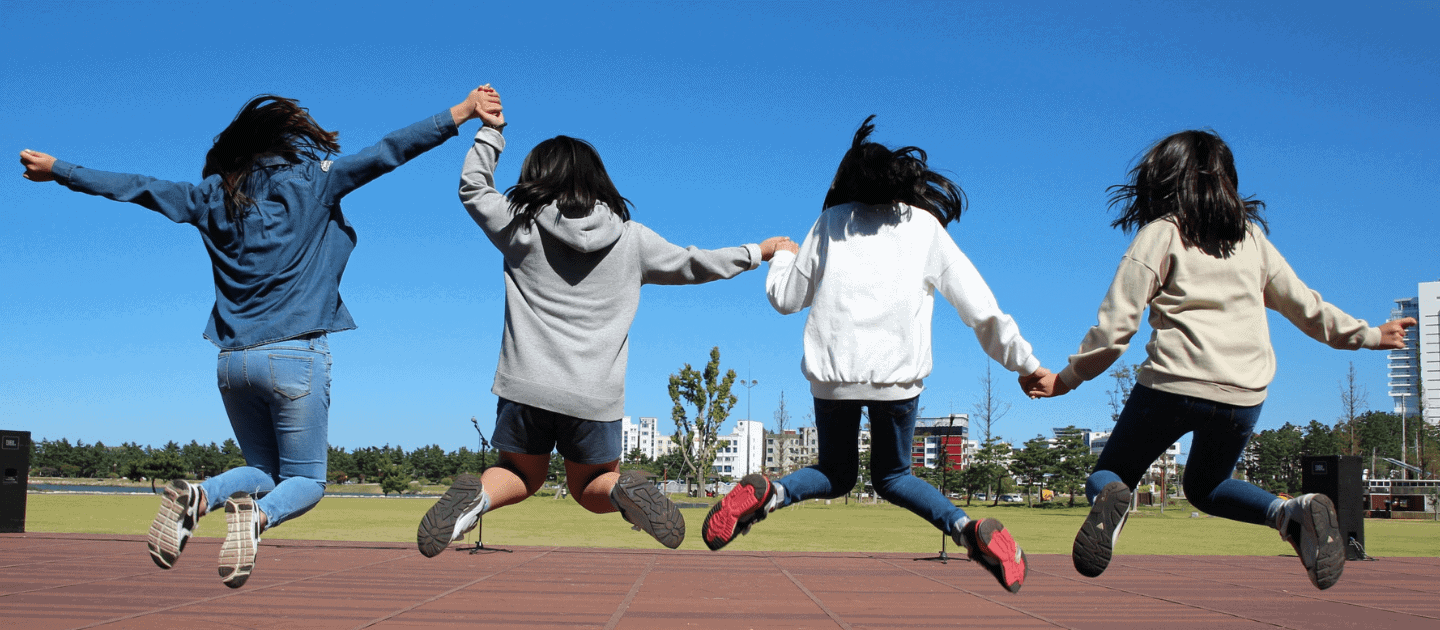
With the shift to online learning, the pandemic has not only compromised academic progress for students but has also led to a lack of social-emotional support, especially for those students coming from underprivileged backgrounds.
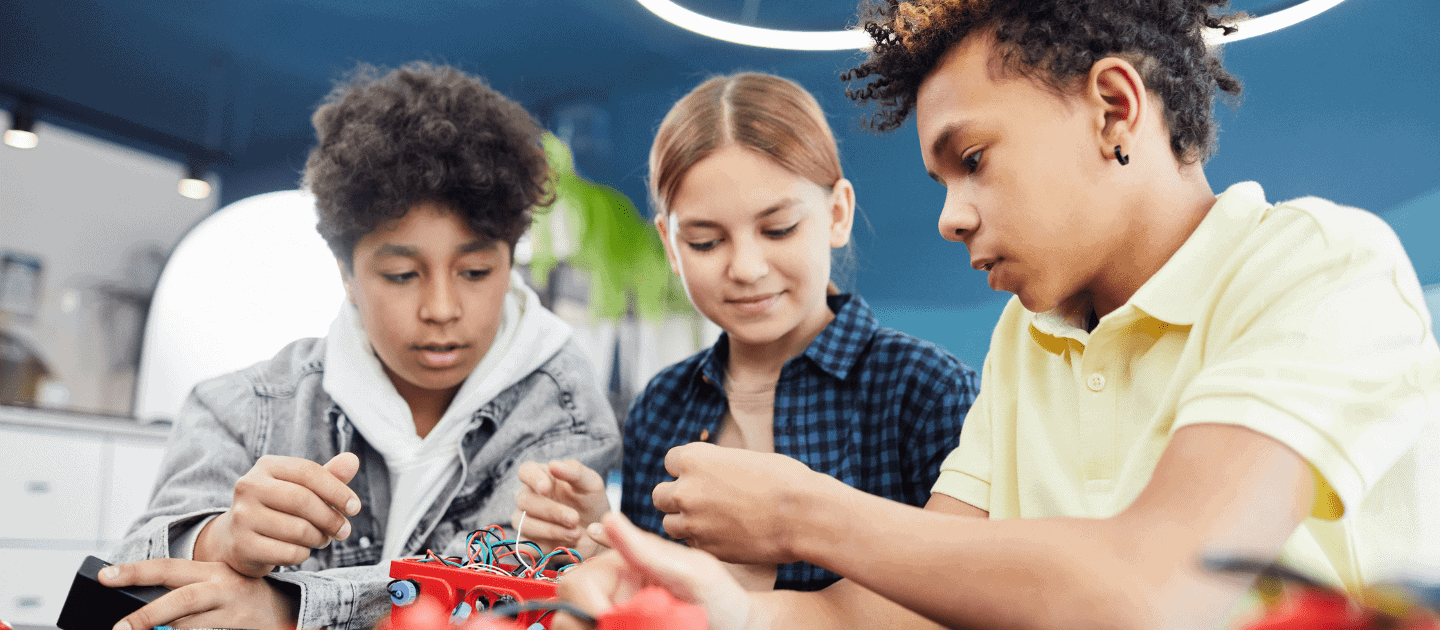
Temptation can hamper engagement and perseverance directed towards a specific task and cause distractions that can impact the learning process of a student.

Vocabulary and grammar instruction alone is not enough to become an expert in writing. Students that use self-regulation strategies exhibit increased writing skills and success.

Social and emotional learning (SEL) should be explicitly taught in schools, especially in secondary schools.

School-based violence towards students with disabilities in Zambia is perpetuated by fellow students and teachers.

Leaders should know how inclusion is practiced in their setting and how students’ voices are heard to inform inclusive practices and personalize learning.

Students with disabilities continue to be excluded from meaningful participation in physical education.

As most education programs focus on short-run learning outcomes, special education (SE) helps prepare students for adult life goals.

Educators are natural helpers, and in our desire to help, sometimes our support can cross the line from empowering to hindering. It is imperative that any educator, but especially those working in one-to-one support models, place student voice, growth, and autonomy at the core of their support systems and strategies.

For students with attention deficit disorder (ADHD) symptoms, their connection with teachers and the memories they have about them later on in their life may predict their perceived social support and self-efficacy.

With the shift to online learning, the pandemic has not only compromised academic progress for students but has also led to a lack of social-emotional support, especially for those students coming from underprivileged backgrounds.

Temptation can hamper engagement and perseverance directed towards a specific task and cause distractions that can impact the learning process of a student.
© 2019-2025 MARIO Framework®, LLC, All Rights Reserved
MARIO Framework, LLC dba MARIO Education, info@marioeducation.com 8 The Green, STE 16162, Dover DE 19901, United States, +1-302-490-0946